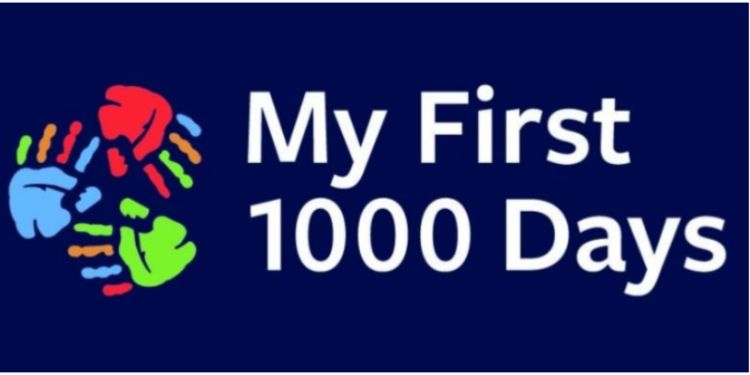Giving children in Leeds the best possible start in life

Dr Camilla Nykjaer, Researcher in the School of Biomedical Sciences, speaks to Rima Ahmed at BBC Radio Leeds about the disability-inclusive group care programme My First 1000 Days.
The My First 1000 Days project, which was launched in December last year, aims to improve health, psychological, cognitive, and social outcomes for families and children in Leeds during their first 1000 days.
Speaking to Rima Ahmed, Dr Nykjaer said:
What we’re trying to do through My First 1000 days is to start really early on and intervene in these early periods of a child’s life so we can prevent obesity levels from happening in later childhood, adolescence and adulthood.
A new care model
Dr Nykjaer explained that the programme uses a new ‘alternative model’ which aims to build a better support network for new parents and caregivers, as opposed to traditional one-to-one care.
It includes three key components, providing healthcare in the form of health assessments and individual check-ups; group learning and the sharing of experiences; and peer support and community building.
The programme will cover a range of areas to support healthy choices such as healthy diets on a budget, how to live a more active lifestyle and practical cooking classes.
It’s about empowering parents to make informed decisions - not only for their child’s life but also for their own lifestyles too.
Experience in the Netherlands shows that care in a group fundamentally changes the experience for pregnant women and pregnant people, and new caregivers.
It empowers caregivers, improves their understanding and adoption of healthy behaviours, and encourages self-care.
A rich peer support network also enables parents to learn from and help each other which could benefit themselves and their children well after their involvement in the programme has ended.
The evidence of these benefits is particularly strong among marginalised or under-served populations.
We know disabled care givers and disabled children experience inequality when it comes to care. What’s unique about this programme is there’s a big focus on making the programme disability inclusive so it’s accessible to all.
The model has also been shown to re-energise clinicians and provide savings to the health care system.
Implementing this model with caregivers of 0-2 year olds across three key areas – physical activity, food and nutrition and language and cognitive development- has never been done before in the UK. The focus on disability is also unique to the project.
Listen to the full interview on BBC Radio Sounds. The clip starts at 02:09:43.
Missed the launch? Watch the event on YouTube. You can also keep updated on the project through X and LinkedIn.




